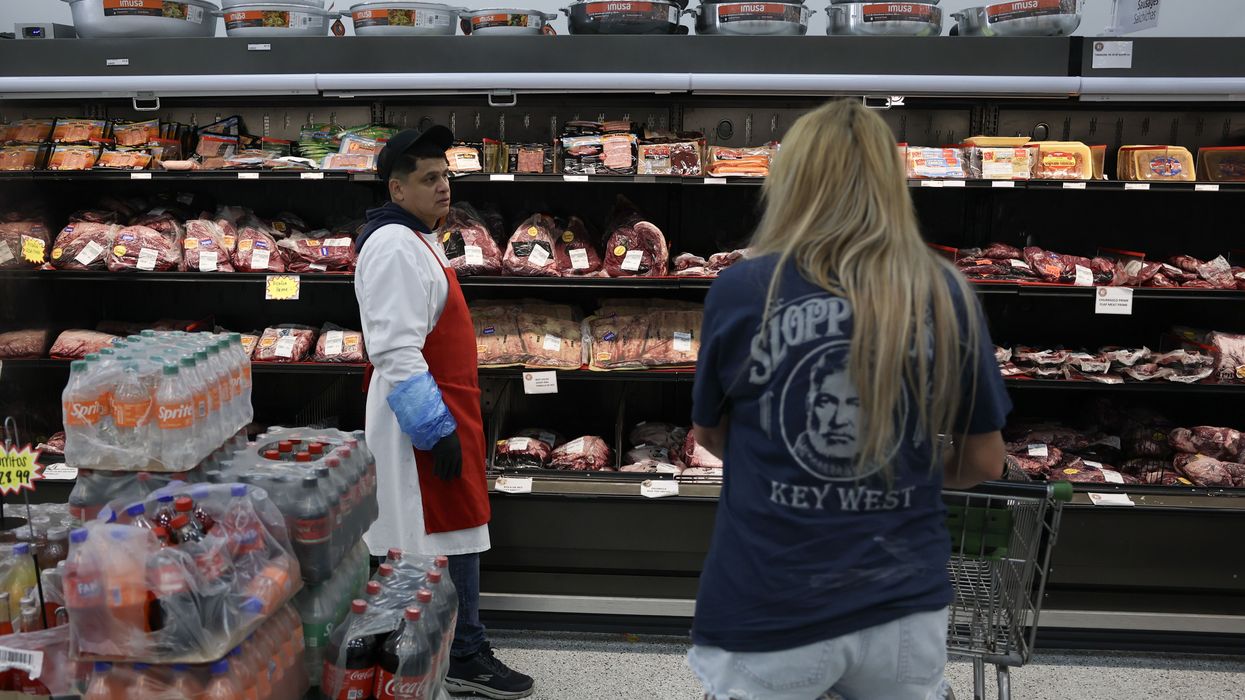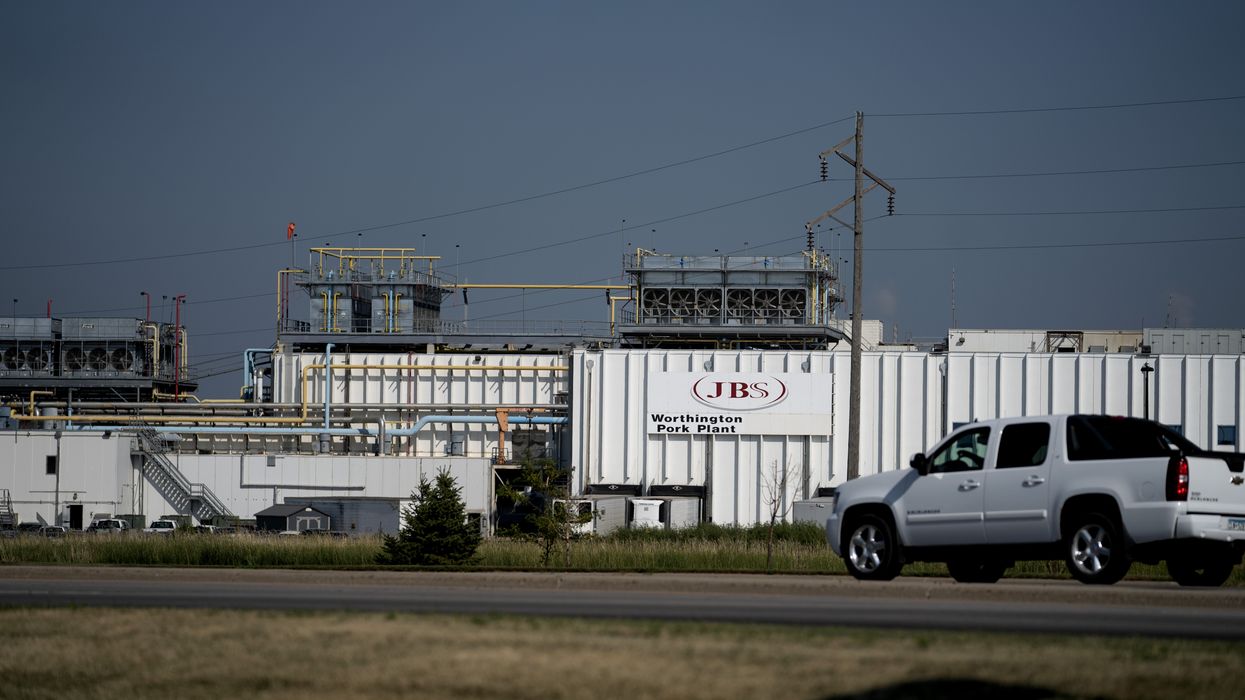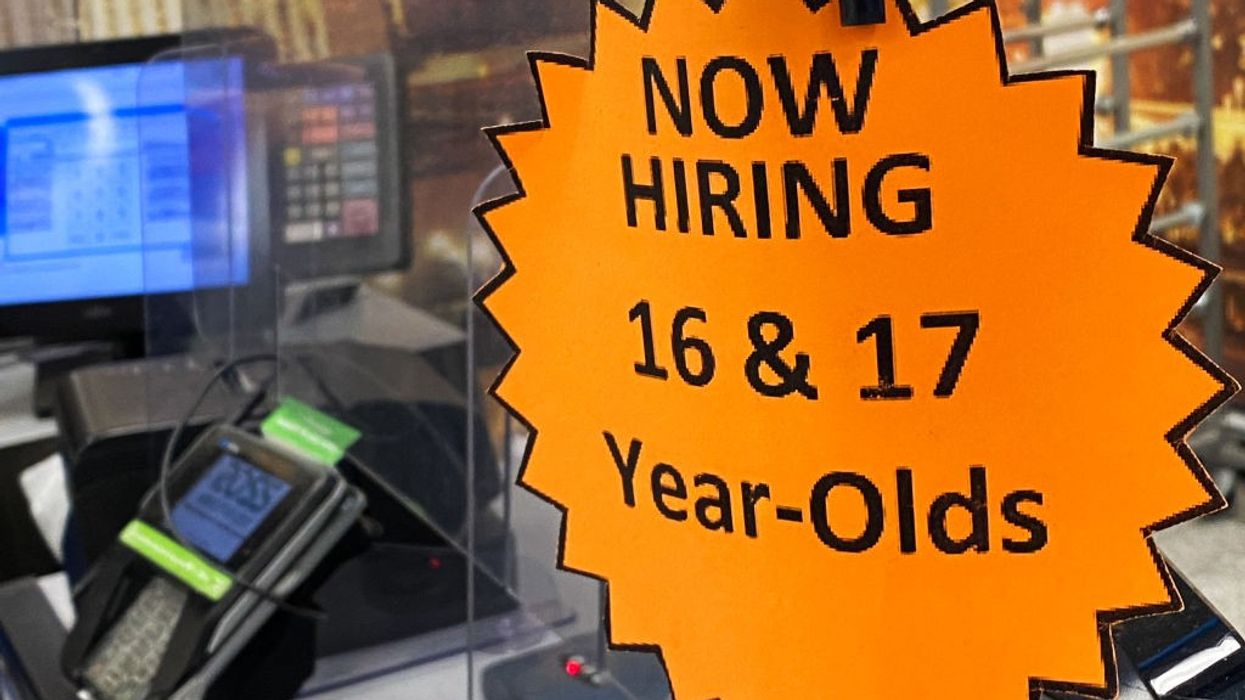JBS has built its empire not through innovation or sustainability, but through exploitation. Price fixing, child labor, wage theft, bribery, tax avoidance, deforest
Even in industrial meat production, an industry known for its corruption and poor conditions, JBS stands out for the scope and severity of its violations. The company recently agreed to pay over $80 million to settle a beef price-fixing lawsuit. Earlier this year, the company was cited for illegally employing migrant children, some as young as 13, on overnight cleaning shifts in its slaughterhouses. Meanwhile, workers across its global operations report being injured, silenced, or discarded when they speak up.
We must stop sending the message that corporations can endanger workers, break the law, and destroy the environment without consequence, as long as they remain profitable.
A recent federal lawsuit filed by Salima Jandali, a former safety trainer at JBS’ Greeley, Colorado plant, alleges that she faced racial and religious harassment, was retaliated against for raising safety concerns, and was pressured to falsify injury reports. Her allegations closely mirror a separate class action lawsuit filed by Black workers at another JBS facility in Pennsylvania who describe enduring racist slurs, being passed over for promotions, and working in unsafe conditions.
Beyond the factory floor, JBS has long been linked to illegal deforestation and environmental destruction in the Amazon, both directly through its supply chains and indirectly through pressure on local ecosystems. The company’s climate footprint is staggering, with greenhouse gas emissions that rival those of entire countries. And yet, instead of reckoning with this impact, JBS continues to expand production and avoid accountability.
In Brazil, where the company is headquartered, the recent passage of most of the so-called “devastation bill” further weakens environmental safeguards and accelerates the damage. Now that President Luiz Inacio Lula da Silva approved the bill, even with some environmental restrictions, it continues to grant free rein to agribusiness giants like JBS that profit from the destruction of forests and the displacement of Indigenous communities.
This is not a case of a few bad actors or isolated scandals. JBS has thrived because of weak enforcement, political influence, and a financial system that rewards short-term gains over long-term responsibility.
Just months before its New York Stock Exchange (NYSE) debut, JBS subsidiary Pilgrim’s Pride made a $5 million donation to the Trump-Vance Inaugural Committee. This is the context in which JBS was allowed to access US capital markets. Even though top proxy advisory firms, including Glass Lewis and Institutional Shareholder Services, urged shareholders to vote against the listing, citing serious governance concerns and lack of transparency, their warnings were ignored, and just this June, JBS began trading on the NYSE.
JBS now generates over $39 billion a year from its US operations alone, profits that are often routed through tax havens in Luxembourg, Malta, and the Netherlands. And when caught breaking the law, JBS often faces only minor consequences that rarely match the scale of the harm.
We must stop sending the message that corporations can endanger workers, break the law, and destroy the environment without consequence, as long as they remain profitable. There is another path forward. Consumers, advocates, and investors need to reject this status quo and demand change.
That starts with consumers actively choosing not to buy JBS products. Investors can divest from JBS and urge their asset managers to do the same. Universities, pension funds, and retirement plans can reexamine whether their portfolios are supporting a company with this kind of track record. At the same time, policymakers must push for stronger corporate accountability, not just in meatpacking, but across industries that harm people and the planet.
JBS should not be rewarded with more money, more access, and more influence. Instead, we must make JBS the example and let it serve as a warning about the costs of putting profit above all else. The future of our food system, our environment, and our communities depends on drawing the line and holding it.




